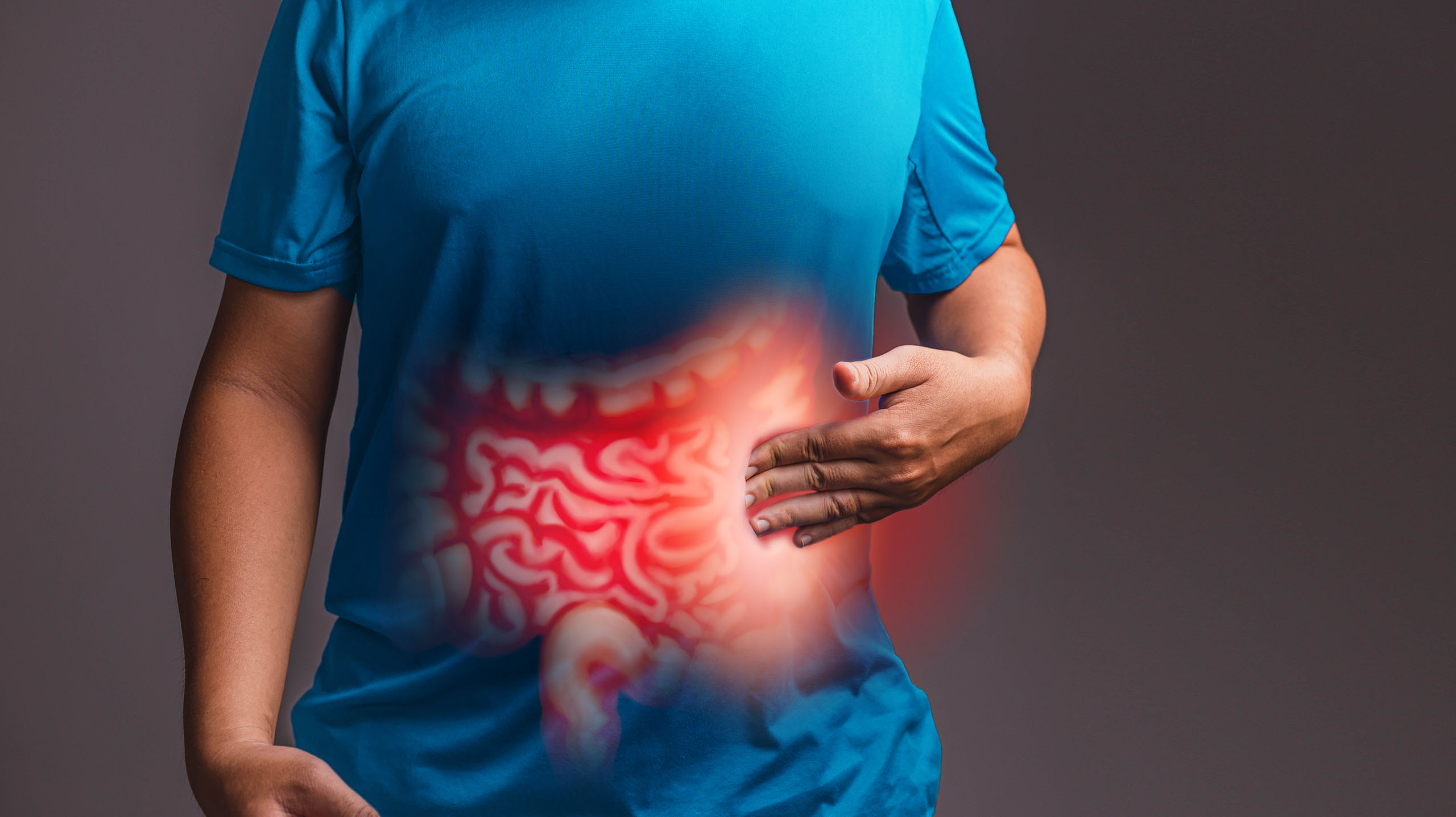Irritable Bowel Syndrome (IBS) is a chronic gastrointestinal disorder that affects the large intestine. It is characterized by symptoms such as abdominal pain, bloating, and changes in bowel movements, such as constipation or diarrhea. IBS is a common condition, affecting approximately 10-15% of the population, and is more commonly diagnosed in women than in men. If you are experiencing symptoms that you think may be related to IBS, it is important to see a healthcare provider for an accurate diagnosis and appropriate treatment.
Symptoms of IBS:
The symptoms of IBS can vary from person to person and may come and go over time. Some common symptoms of IBS include:
Abdominal pain or discomfort: IBS is often characterized by abdominal pain or discomfort that is relieved by having a bowel movement. The pain may be described as crampy or a dull ache and can be located in different parts of the abdomen.
Changes in bowel movements: IBS is associated with changes in bowel movements, such as constipation or diarrhea, or alternating between the two. In some cases, people with IBS may have stools that are hard and dry, while others may have stools that are loose and watery.
Bloating: People with IBS may experience bloating, which is a feeling of fullness in the abdomen. This may be accompanied by abdominal distension, which is a visible swelling of the abdomen.
Excess gas: People with IBS may also experience an increased production of gas, which can cause bloating and discomfort.
Mucus in the stool: People with IBS may also notice the presence of mucus in their stools, which can be a sign of inflammation in the gut.
Diagnosis of IBS:
Diagnosing IBS can be challenging, as there is no single test that can confirm the diagnosis. Instead, a diagnosis of IBS is typically made based on a combination of symptoms and other factors, such as the exclusion of other conditions that may cause similar symptoms.
Medical history: Your healthcare provider will take a comprehensive medical history, including information about your symptoms, when they started, and how often they occur. They may also ask about any other medical conditions you have, any medications you are taking, and your family history of gastrointestinal disorders.
Physical exam: Your healthcare provider will perform a physical exam, including a abdominal exam, to assess for any signs of abdominal pain, bloating, or other symptoms.
Tests: Your healthcare provider may also perform some tests to rule out other conditions that may cause similar symptoms. These tests may include blood tests, stool tests, or imaging tests, such as X-rays or CT scans.
Rome Criteria: The Rome Criteria is a set of diagnostic criteria that is used to diagnose IBS. To meet the criteria, a person must have abdominal pain or discomfort that is relieved by having a bowel movement, and must have two of the following symptoms: changes in the frequency of stools, changes in the appearance of stools, and the presence of bloating or abdominal distension.
- What Are the 7 Chakras and How Can You Unblock Them? - April 19, 2024
- THCa Flower by Perfect Plant Markey - September 21, 2023
- Arches Audio Shares Their Secrets For Starting A Successful Podcast - July 7, 2023









